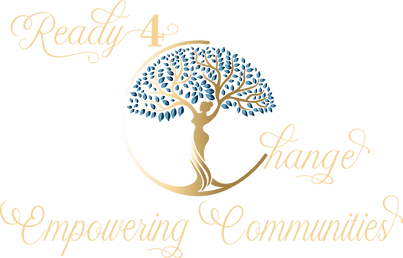
Choosing a therapist is a deeply personal decision and an important step toward improving your mental health and overall well being.
Steps to Finding the Right Therapist for You
- Identify Your Needs
Start by assessing your mental health goals and concerns. Are you dealing with anxiety, depression, trauma, or relationship issues? Understanding what you need help with will guide your search for a therapist who specializes in those areas. - Consider the Type of Therapy You Prefer
Research different therapeutic approaches, such as Cognitive Behavioral Therapy (CBT), Psychodynamic Therapy, or Solution-Focused Therapy. Some therapists also incorporate holistic or faith-based approaches if that aligns with your values. - Check Credentials and Specializations
Look for licensed professionals, such as Licensed Clinical Social Workers (LCSWs), Licensed Professional Counselors (LPCs), or Psychologists (PhDs or PsyDs). Review their specialties to ensure they have experience with your specific needs. - Use Referrals and Online Directories
Ask for recommendations from friends, family, or your primary care doctor. Alternatively, use online directories like Psychology Today, TherapyDen, or your insurance provider’s website to find therapists in your area. - Verify Insurance Coverage and Costs
Contact your insurance company to confirm coverage for mental health services and check if the therapist accepts your plan. If you’re paying out of pocket, ask about session rates and sliding-scale options. - Consider Practical Factors
Look at the therapist’s location, availability, and session format (in-person, virtual, or hybrid). Choose someone whose schedule and logistics work well for you. - Schedule a Consultation
Many therapists offer free initial consultations. Use this opportunity to ask questions about their approach, experience, and how they can help you. Assess whether you feel comfortable and understood. - Trust Your Gut Feeling
A strong therapeutic relationship is key to effective therapy. If you feel at ease and confident with the therapist, that’s a good sign they might be the right fit. - Be Open to Change
If the first therapist you choose doesn’t feel like the right match, it’s okay to try someone else. Finding the right therapist can take time, but it’s worth the effort to ensure you get the care you need.
By following these steps, you can find a therapist who aligns with your needs, values, and goals, making your mental health journey as effective and supportive as possible.




